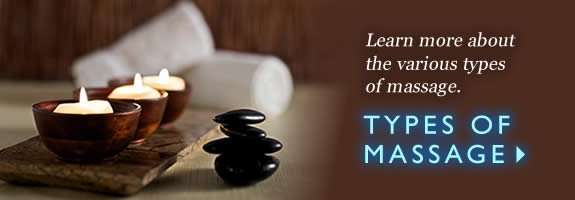Perhaps the best way to know if a massage therapist is any good is to get a recommendation from a friend who has personal experience receiving a professional massage. Word of mouth is more valuable than any printed advertisement or listing in a telephone book. It can save you from getting a bad massage and, better yet, save you money.
What if you don’t know anyone who has gotten a massage in your town, or your friend likes deep tissue massage and found someone perfect, but you want a massage with a lighter touch? What do you do then? The best way is to simply ask some questions.
- Where did you go to school? Finding out where the massage therapist went to school can tell you if the therapist went through reputable training. In many cases, the school themselves have reduced cost clinics that give senior students and graduates experience. They may also have a list of recent graduates in your area. As well, going directly to a local massage school will give you the option of an inexpensive massage to get a sense of different techniques and styles of bodywork.
- How long did you study? Have you taken continuing education courses? States differ in their requirements for licensing massage therapists. Basic training can range from as low as 300 hours up to more than 1,000 hours. Most states and professional organizations require massage therapists to take a specific number of continuing education credit hours. A massage therapist can also take continuing education in a specialty such as geriatric massage or prenatal techniques.
- Do you have a license to practice? Most states now require a massage therapist to be licensed or certified. This assures clients that he or she meets the minimum requirements of training. They are also required to be aware of and follow certain rules, such as draping and which techniques they are permitted to use. Most state governments have websites where you can check the validity of a practice license as well as what is required to practice legally in your locality.
- What type of massage do you do? Does the massage therapist specialize in certain techniques? Most massage schools teach Swedish massage as their core modality with another as a secondary specialty, such as Shiatsu. Some therapists prefer to focus on one or two types; others have a wide range of education and may be proficient in other methods of bodywork such as polarity therapy or cranialsacral therapy.
Aside from questions to ask, you also want to take a look at where the massage therapist works. Is the therapist’s office well-located in your community? Is it neat and clean? Prior to giving a massage, does the therapist do a thorough intake asking you questions pertaining to your health history? Does the massage therapist follow proper draping procedures? Most states require full draping, except for the part of the body that is being worked on, and no work is to be done on breasts or genitalia.
The most important thing of all is that you feel comfortable with your massage therapist. You need to feel that you can communicate effectively about any concerns you have or issues around things like pressure of strokes (too deep, too light, etc.)
Once you find that perfect match, you’ll be hooked for life!




